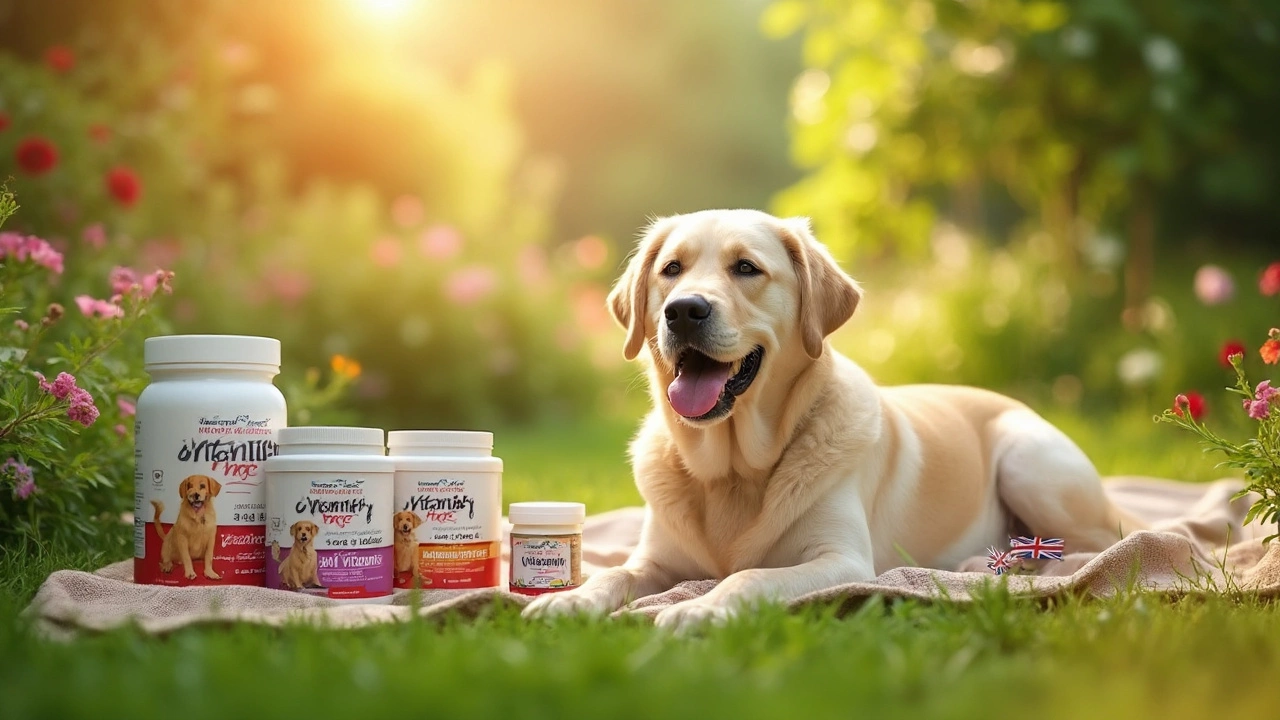Vitamin Deficiency in Pets – What It Looks Like and How to Fix It
Ever wondered why your dog’s coat looks dull or why your cat seems extra tired? It could be a simple vitamin short‑fall. When pets miss key nutrients, their bodies start to show it in everyday ways. The good news? You can catch it early and correct it with everyday foods or a quality supplement.
How to Spot Vitamin Deficiency in Dogs and Cats
First, look at the basics. A dull, flaky coat often means missing vitamin A or essential fatty acids. If your pet’s gums look pale, that can point to a lack of vitamin B12 or iron. Bad breath, weight loss, or frequent infections? Those are red flags for low vitamin D or zinc. Puppies and kittens are especially vulnerable because they grow fast and need a steady supply of vitamins.
Behaviour changes matter too. A dog that’s suddenly sluggish or a cat that’s less playful may be low on B‑vitamins, which help turn food into energy. Keep an eye on eye health – cloudy eyes can signal vitamin A deficiency, while small cracks in nail beds hint at missing biotin.
Best Supplements and Foods to Boost Pet Vitamins
Fixing a deficiency is easier than you think. Start with a balanced commercial diet that lists a complete vitamin and mineral profile. Look for foods that include real meat, fish, and veggies – they naturally carry most of the vitamins a pet needs.
If you’re feeding a homemade diet, add a vetted supplement. A basic canine or feline multivitamin covers A, D, E, K, and the B‑complex. For extra skin and coat health, try fish oil or a biotin powder – just follow the label dose.
Whole foods work wonders too. Cooked carrots, sweet potatoes, and pumpkin are great sources of vitamin A and beta‑carotene. Liver (in moderation) is packed with B‑vitamins and iron. Egg yolks give vitamin D and essential fatty acids. For cats, add a splash of canned salmon or sardines for omega‑3s and vitamin D.
Remember to introduce any new food or supplement slowly. Sudden changes can upset a pet’s stomach. A week of small doses, then increase to the recommended amount, usually does the trick.
If you suspect a serious deficiency, a quick vet visit can confirm it with a blood test. Vets can prescribe specific high‑dose vitamins if needed, especially for conditions like rickets (vitamin D) or anemia (B12).
Bottom line: watch your pet’s coat, energy, and overall health. When something feels off, check the diet first. A few simple tweaks or a daily supplement can bring your furry friend back to full sparkle.
Got questions about which supplement fits your pet’s needs? Our store offers a range of vet‑approved options, all backed by quality ingredients. Keep your pet’s vitamin levels on point and enjoy more wagging tails and happy purrs.
Posted By Bryndle Redding On 17 Feb 2025 Comments (0)
Most Common Vitamin Deficiency in Dogs: What You Need to Know
Vitamin deficiencies in dogs can cause a variety of health issues, the most common being Vitamin D deficiency. Dogs rely on their diet to get sufficient vitamins, making it crucial to choose the right foods or supplements. A well-balanced dog diet can prevent these deficiencies. This article explains the causes, symptoms, and solutions to the most common vitamin deficiencies in dogs.
READ MORE